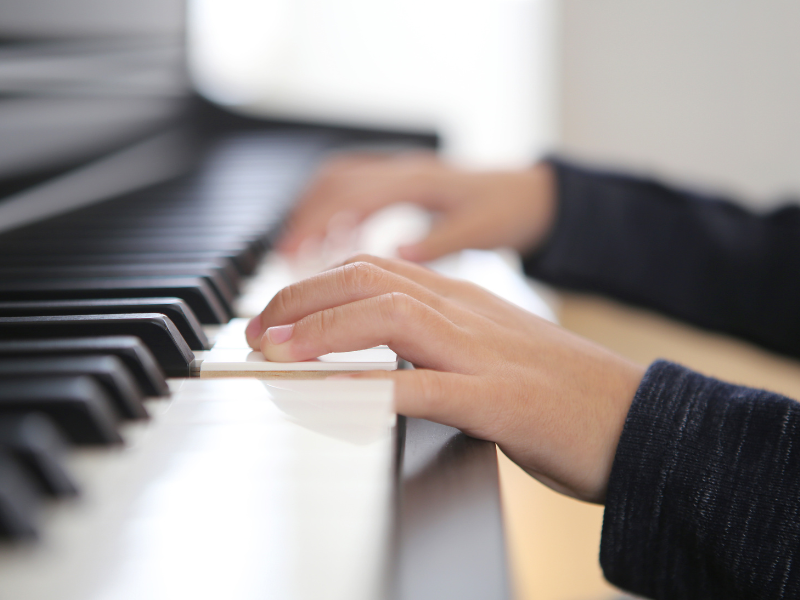Foreign Language Learning or Music Learning: which one improves auditory processing more?
Bilingualism and music learning have often been connected when it comes to auditory processing development. Do you know why?
The reason for this connection is that music and language share an overlapping neural network, so the more we use that overlapping network, the faster, better and more effective our language and music development will be. It stands to reason that if we add on another challenging task that uses this network, such as learning an additional language, can only further enhance that overlapping neural network.
In this study, researchers investigated this concept with Chinese children between 8-11 years old. What they found surprised them – “the language program facilitated the children’s early auditory predictive brain processes significantly more than the music program”. They then looked further and found that the relationship between music and foreign language learning was not that straightforward. It appeared that “early predictive pitch encoding is to be facilitated by music training.”
In this version of the experiment the children had Chinese as their first language, and in addition experienced a foreign language, music training or no training program for a year. Chinese is a tonal language, which is a language in which the pitch tone is used to distinguish the meaning of words. A single word or syllable spoken in several different tones can convey widely varied concepts. Children with tonal languages have been found to have up to a three-year enhancement of their auditory processing due to the nature of their first language.
In studies involving participants whose primary language is English, a stress language where syllable or word emphasis plays a crucial role, their familiarity with this linguistic feature has been taken into account. In these studies, music learning has been found to significantly improve auditory processing. In addition, learning a foreign language on top of English and a first language and music learning has further enhanced their auditory processing.
While this study furthers our understanding of foreign language learning and music learning on auditory development, it may be that one size does not fit all – it depends on a child’s first language as to which combination of activities will enhance their auditory processing.

